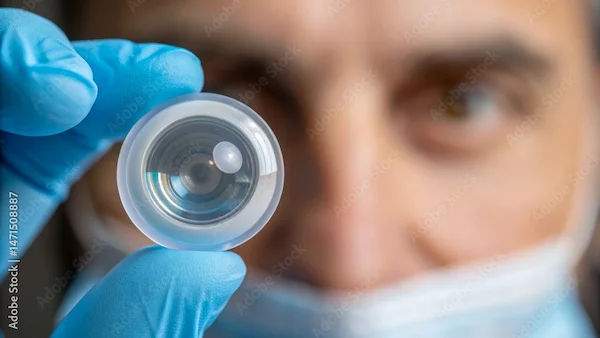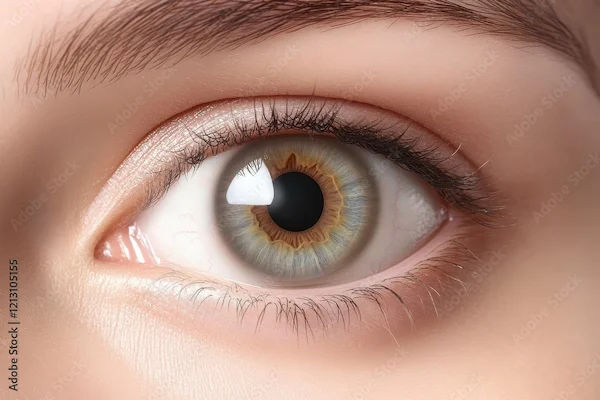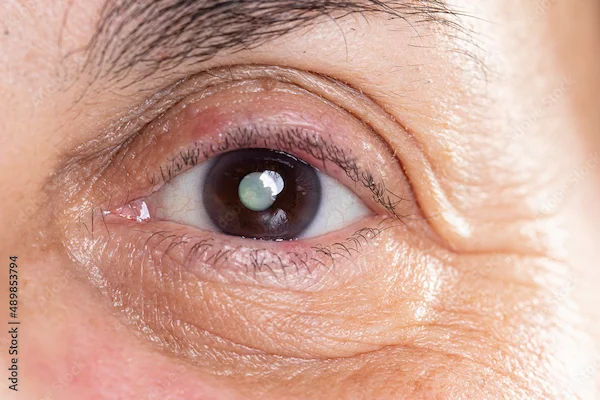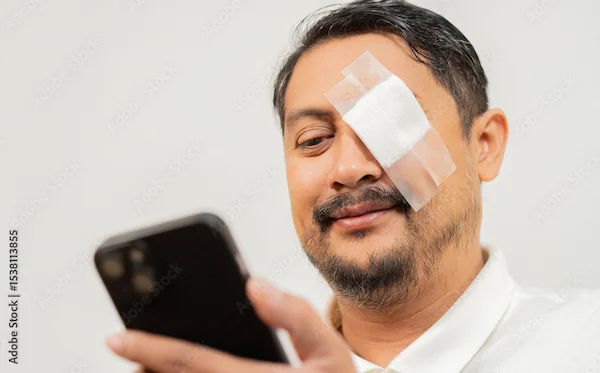Cost Of Lens For Cataract Surgery
Explore the cost of lens for cataract surgery in India, including types of intraocular lenses (IOLs), price ranges, and factors affecting expenses. Make informed decisions for better eye health.

Written by
Last updated on 7th Jul, 2025

Introduction
If you or a loved one has been diagnosed with cataracts, you may be considering cataract surgery, a common and highly effective procedure to restore clear vision. One of the key components of this surgery is the intraocular lens (IOL) that replaces your clouded natural lens. However, the cost of these lenses can vary widely, and understanding your options can help you make an informed decision. In this article, we’ll break down the different types of lenses available, their costs, and factors that influence pricing. We’ll also provide tips on how to choose the right lens for your needs and budget.
What Are Intraocular Lenses (IOLs)?
During cataract surgery, your eye surgeon removes the cloudy natural lens and replaces it with an artificial intraocular lens (IOL). These lenses are designed to improve vision and, in some cases, reduce dependency on glasses. There are several types of IOLs, each with different features and price points:
1. Monofocal Lenses
Function: Provide clear vision at one fixed distance (usually distance vision).
Cost: Most affordable option.
Best For: Patients who don’t mind wearing glasses for near or intermediate tasks.
2. Multifocal Lenses
Function: Allow clear vision at multiple distances (near, intermediate, and far).
Cost: More expensive.
Best For: Those who want to reduce dependence on glasses.
3. Toric Lenses
Function: Correct astigmatism (uneven curvature of the cornea) in addition to cataracts.
Cost: Higher than monofocal.
Best For: Patients with astigmatism who want sharper vision.
4. Accommodative & Extended Depth of Focus (EDOF) Lenses
Function: Provide a broader range of vision with fewer visual disturbances.
Cost: Premium option.
Best For: Those seeking high-quality, seamless vision.
Consult Top Specialists for Personalised Tips
Factors Affecting the Cost of Cataract Lenses
Several factors influence the price of IOLs:
1. Type of Lens: Premium lenses (multifocal, toric, EDOF) cost more than basic monofocal lenses.
2. Technology & Brand: Advanced lenses from well-known brands may be pricier.
3. Hospital or Clinic Charges: Facilities with advanced surgical equipment may charge more.
4. Surgeon’s Experience: Highly experienced surgeons may have higher fees.
5. Geographical Location: Costs vary between cities and hospitals.
How to Choose the Right Lens for You?
Selecting the best IOL depends on your lifestyle, vision needs, and budget. Here’s how to decide:
If you want the most affordable option → Monofocal lens (but may still need glasses).
If you want to reduce dependence on glasses → Multifocal or EDOF lenses.
If you have astigmatism → Toric lens.
If you prioritise seamless vision → Premium lenses (higher cost).
Discuss your daily activities (reading, driving, computer work) with your ophthalmologist to determine the best fit.
Does Insurance Cover Cataract Lenses?
In India, most health insurance plans cover basic monofocal lenses under cataract surgery. However, premium lenses (multifocal, toric, EDOF) are usually not covered and require an additional payment. Check with your insurer before surgery.
Tips to Manage Costs
Tips to manage costs are as follows:
1. Compare Options: Get quotes from multiple hospitals.
2. Government Schemes: Some government hospitals offer subsidised rates.
3. Payment Plans: Many private hospitals provide EMI options.
4. Consult an Expert: An ophthalmologist can help balance cost and vision needs.
Conclusion
Cataract surgery is a life-changing procedure, and choosing the right lens can significantly impact your vision and quality of life. While premium lenses offer more convenience, they come at a higher cost. Weigh your options carefully and consult an eye specialist to make the best decision.
Consult Top Eye Surgeon
Consult Top Specialists for Personalised Tips
Dr. S Venkateswaran
Ophthalmologist
35 Years • MBBS, PGD (OPTHALMOLOGY)
Tiruvannamalai
Shiva Eye And General Hospital, Tiruvannamalai
Dr. Akashdipta Saha
Ophthalmologist
4 Years • MBBS, MD(Ophthalmology), Fellowship in Retina & Vitreous
Delhi
AIIMS, Delhi
Dr. Harshavardhan Reddy
Ophthalmologist
3 Years • MBBS , MS (Ophthalmology)
Hyderabad
Ram Dev Rao Hospital, Hyderabad

Dr. Sneha T Khurana
Ophthalmologist
9 Years • MBBS, MS Ophthalmology
Gurugram
GS multispeciality clinic, Gurugram
Dr. Kakarla Roopa
Ophthalmologist
3 Years • MBBS MS Ophthalmology
Tirupati
Anna Gowri Hospital, Tirupati
Consult Top Eye Surgeon
Dr. S Venkateswaran
Ophthalmologist
35 Years • MBBS, PGD (OPTHALMOLOGY)
Tiruvannamalai
Shiva Eye And General Hospital, Tiruvannamalai
Dr. Akashdipta Saha
Ophthalmologist
4 Years • MBBS, MD(Ophthalmology), Fellowship in Retina & Vitreous
Delhi
AIIMS, Delhi
Dr. Harshavardhan Reddy
Ophthalmologist
3 Years • MBBS , MS (Ophthalmology)
Hyderabad
Ram Dev Rao Hospital, Hyderabad

Dr. Sneha T Khurana
Ophthalmologist
9 Years • MBBS, MS Ophthalmology
Gurugram
GS multispeciality clinic, Gurugram
Dr. Kakarla Roopa
Ophthalmologist
3 Years • MBBS MS Ophthalmology
Tirupati
Anna Gowri Hospital, Tirupati




